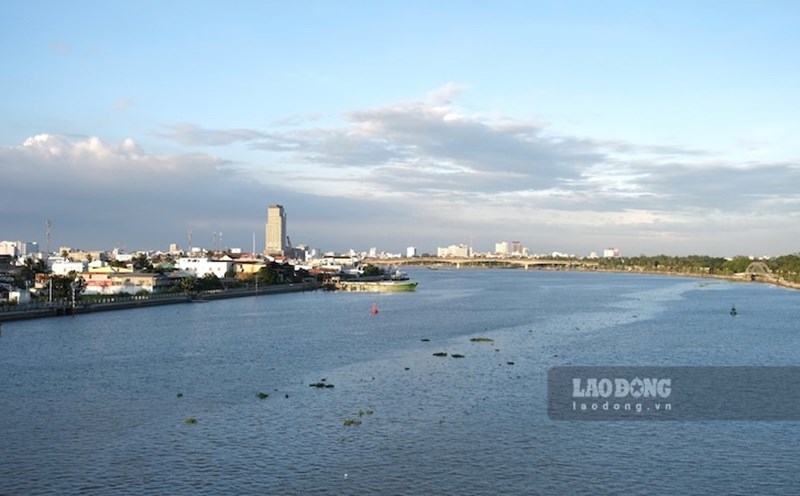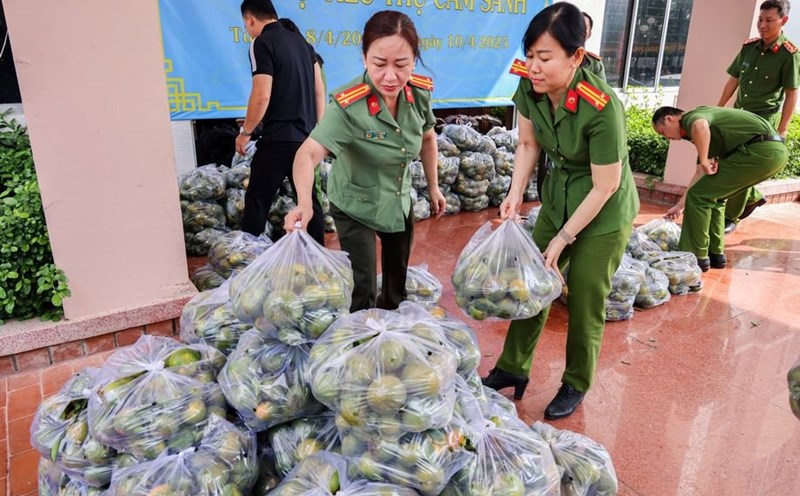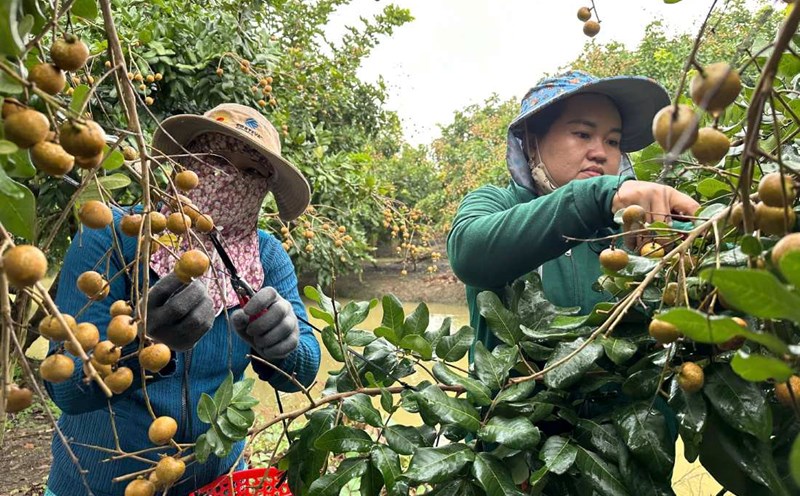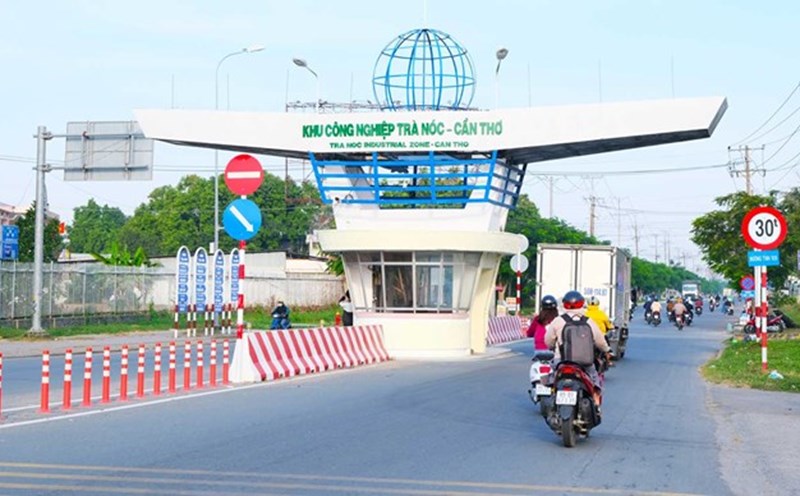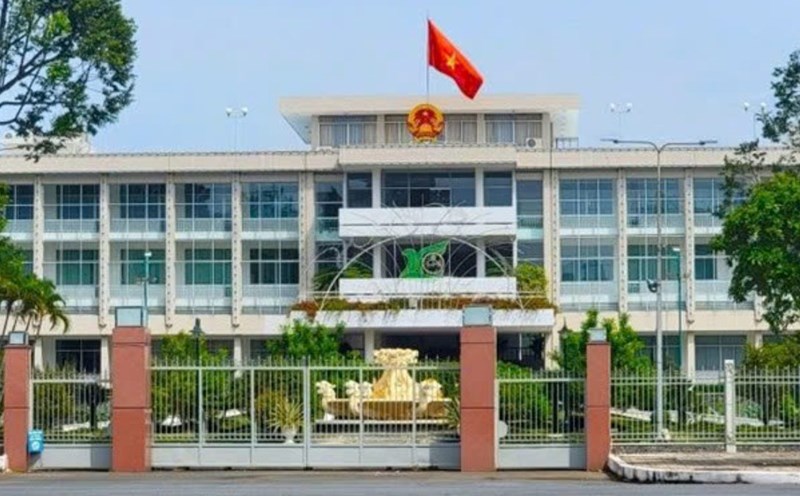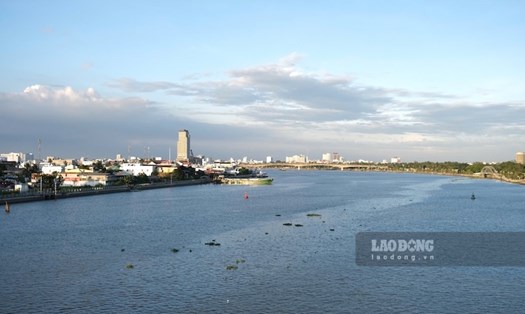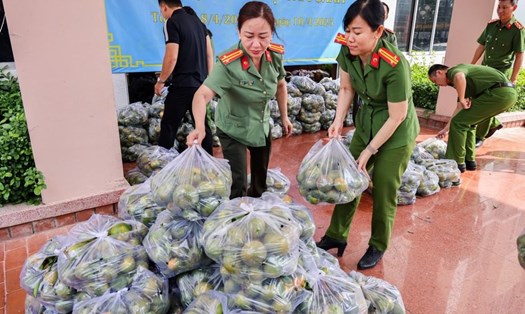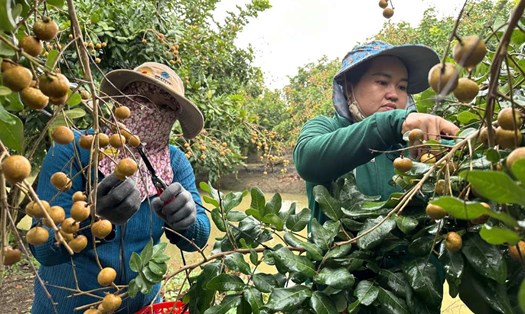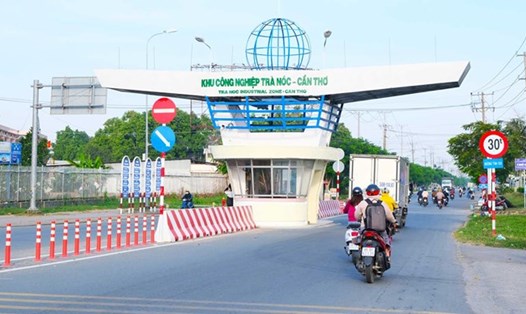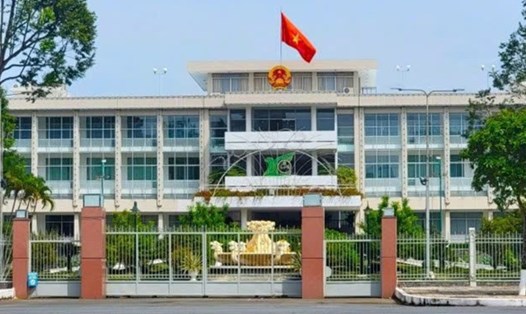Over decades of development with many changes in administrative boundaries, Can Tho - central urban area of the Mekong Delta (Mekong Delta), is facing a potential historic turning point: Becoming a sea with a sea.
Mr. Pham Van Hieu - Permanent Deputy Secretary of Can Tho City Party Committee - said that after 50 years with many merger and separation, Can Tho is currently a central urban area located in the Mekong Delta region (Mekong Delta), completely non -bordering the sea. This both brings its own characteristics and creates many barriers in the development process, especially in international maritime trade.
Despite being positioned as the socio -economic center, inter -regional and international transport units, Can Tho's transport infrastructure still has a lot of room for development. The road has made positive changes, Can Tho International Airport has also been put into operation, but the number of passengers and the number of flights is still limited. In addition, the Central Government's planning of high -speed railway is expected to bring a breakthrough in the future.
A remarkable problem mentioned by Mr. Pham Van Hieu is that the potential has not been fully exploited by the rich inland waterway system.
According to the Standing Deputy Secretary of Can Tho City Party Committee, the city currently has Cai Cui port, dubbed the largest port of the Mekong Delta. However, the geographical location of the port is hundreds of kilometers from Dinh An seaport and the annual sedimentation situation at this seaport causes significant difficulties for large tonnage ships to enter and exit. The annual dredging costs up to hundreds of billion dong, making the reception of over 5,000 tons become difficult.
In this context, Mr. Pham Van Hieu emphasized that Can Tho merged with a coastal administrative unit, this will be a "huge turning point" not only for the development of Can Tho but also for the whole Mekong Delta. The coastal ownership will create outstanding favorable conditions in transporting goods, logistics and international transport.
In fact, the transportation of goods, especially agricultural products, aquatic products and fruits - items with large output of Can Tho - to deep -water seaports such as Cai Mep (Ba Ria - Vung Tau) for export are very high costs. If Can Tho becomes a sea adjacent, with a favorable seaport, it will significantly reduce shipping costs, enhance the competitiveness of the region's goods and open up many international trade opportunities.
"The sea will bring great advantages in transporting international goods and inter -city, especially with the potential of agricultural products, fisheries and fruits of Can Tho and the region," - Mr. Pham Van Hieu stated.
From a central urban center, Can Tho has the potential to reach a dynamic marine economic center, an important trade gateway, contributing to the common prosperity of the whole Mekong Delta region in the context of increasingly deeper international integration.

